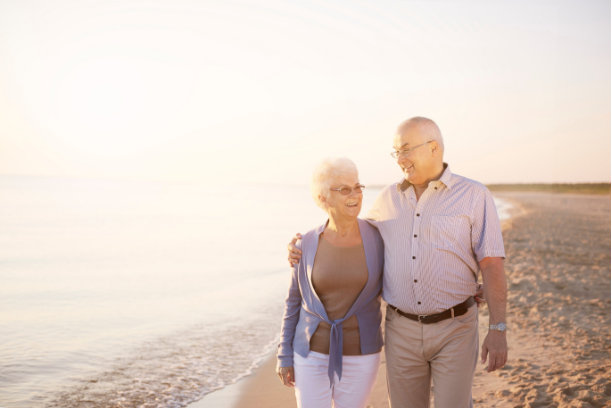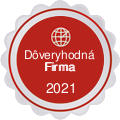Kontrolovaná štúdia o naturalistickej simulácii úsvitu a negatívnej ionizácii vzduchu pre sezónnu afektívnu poruchu (tzv. zimná depresia) /angl./

Controlled Trial of Naturalistic Dawn Simulation and Negative Air Ionization for Seasonal Affective Disorder
Kontrolovaná štúdia o naturalistickej simulácii úsvitu a negatívnej ionizácii vzduchu pre sezónnu afektívnu poruchu (tzv. zimná depresia)
Controlled Trial of Naturalistic Dawn Simulation and Negative Air Ionization for Seasonal Affective Disorder
Abstract
Objective:
This trial assessed two novel nonpharmaceutical treatments for winter depression — naturalistic dawn simulation and high-density negative air ionization— delivered during the final hours of sleep.
Method:
The patients were 99 adults (77 women and 22 men) with the winter seasonal pattern of major depressive disorder (94 cases) and bipolar II disorder (five cases). Five parallel groups received 1) dawn simulation (0.0003–250 lux in the pattern of May 5 at 45° north latitude); 2) a dawn light pulse (13 minutes, 250 lux, with an illuminant dose of 3.25×10 3 lux-minutes matched to the simulated dawn); 3) postawakening bright light (30 minutes, 10,000 lux); 4) negative air ionization at high flow rate (93 minutes, 4.5×10 14 ions/second); or 5) ionization at low flow rate (93 minutes, 1.7×10 11 ions/second). The symptoms were assessed over 3 weeks with the Structured Interview Guide for the Hamilton Depression Rating Scale—Seasonal Affective Disorder Version.
Results:
Posttreatment improvement results were bright light, 57.1%; dawn simulation, 49.5%; dawn pulse, 42.7%; high-density ions, 47.9%; and low-density ions, 22.7% (significantly lower than the others). Contrary to the authors’ hypothesis, analysis of variance failed to find superiority of dawn simulation to the dawn pulse or bright light. However, the dawn pulse led to a pattern of residual or exacerbated depressive symptoms similar to those seen in low-density ion nonresponders.
Conclusions:
Naturalistic dawn simulation and high-density ionization are active antidepressants that do not require the effort of postawakening bright light therapy. They can be considered candidate alternatives to bright light or medication.
Full text link:

